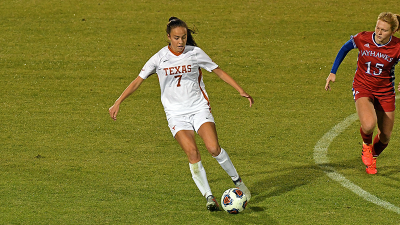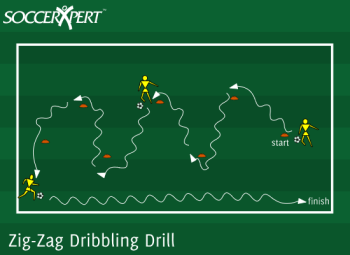
Football was born in England in the middle of the 19th century. Ball games, which are not very fashionable, have been adopted by students in public schools. Under the influence of various factors came a codification of the rules which led in 1863 to the creation of the Football Association in London, which was distinctly different from rugby football a few years later. Clubs are created and touch little by little all circles. A significant number of teams are formed from parishes. You can opt for the go here also.

Little by little, the football-association is spreading on the continent. An international federation was created at the beginning of the 20th century, and in 1912 this new sport made its appearance at the Stockholm Olympic Games.
- Meanwhile, the term “sport” does not mean the same thing at all. While in the middle of the 19th century it designated a worldly prerogative, it became more democratic as the social advances achieved by the workers’ movement allowed the working classes to access free time.
- These few elements too short do not understand the astonishing popularity of football and the prominent place it occupies today compared to other sports. It is certain that to be popular; a sport must be simple and present the spectator with direct confrontations, with numerous and visible exchanges. This is undoubtedly the case of football, which moreover, has symbolic dimensions that we will discuss later.
Football is a game
Another reason for the popularity of this sport can be sought in its unmodified form. Football is also a game, which because of its very simplicity can be practised very early by children and requires no special equipment, except a ball, or an object that takes place.
What is the difference between football sport?
The game is based on spontaneity, unlike the sport more guided by a form of technicality and an objective of efficiency. To play football, you need almost nothing but a ball and a few players. A corner of the lawn, a building yard, even a piece of pavement and the game can begin. The goals? A door or some clothes on the ground will do the trick. The rules? Only one is necessary: only play the ball with feet. Everything else can be adapted. The duration of the game will depend on the state of fatigue of the players. It will be lengthened or shortened at will. Even the teams will be able to be recomposed along the way. In short, in this form of the game, creativity predominates.
Football is present in almost all countries.
Although it has only a distant resemblance to coached sport in a club, this form of play contributes to the worldwide spread of football. Some children, who do not feel comfortable in the much stricter framework of structured training, prefer this form of play in which emotion and inventiveness prevail.
A group of children who regularly play football in this way will invent a special relationship to the rule. While in a club practice it is taught very early on as a law, the football of foot of building is the place of a complex activity of negotiation. All the rules are not explicit; they belong to the group that plays. The game evolves and changes depending on the available space and time. It becomes the theatre of many inventions that contribute to the construction of the identity of children and young people.


